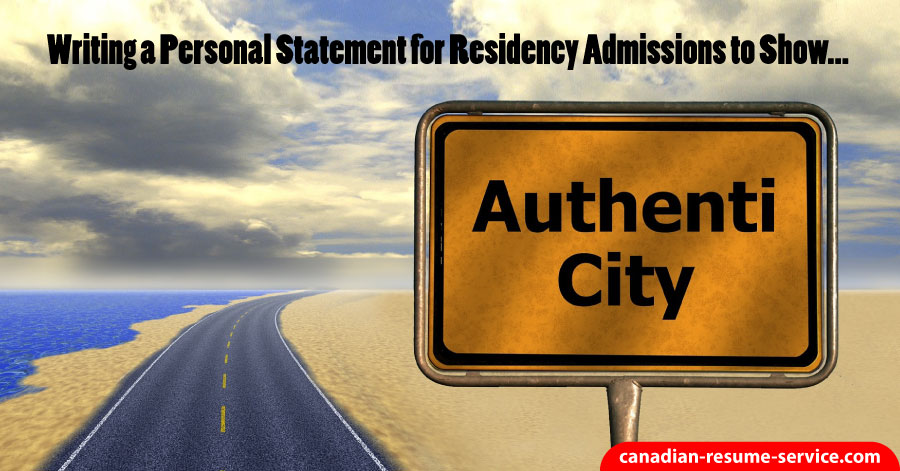Writing a personal statement for residency admissions can be a stressful task. If you think back to when you applied for medical school, you’ll probably have mixed feelings.
You will recall going through the process of waiting to find out if your application had been successful. If you’re now in the process of applying for residency, your application was successful! The prospect of reliving the stress of that process in preparing your residency application can be daunting.
A personal statement is a significant part of the application. It allows the committee to create an impression of you.
Three Questions Your Personal Statement Should Answer:
• What, in particular interests you in your chosen field?
• What are you hoping to get out of a residency program?
• What are your aims within your chosen field?
If you’re about to start putting together the personal statement for your residency application, here are a few tips to help get you started:
Recycle Your Original Application:
Use your original medical school application as a starting point. Although your residency application will be completely different, you’re likely to find several key phrases that could be useful to you.
Make Your Statement Stand Out:
It’s a good idea to include something slightly different to make your personal statement stand out from the crowd. Think about beginning your essay with a quote or an anecdote. Make sure it’s relevant.
Communicate a Positive Attitude
Make sure that your essay reads positively. Focus on writing about what your interests and inspirations are. Don’t write about what you feel dissatisfied about in the medical profession!
Use a Common Theme:
If possible, use a common theme to bring your essay together. This will make it feel more like a coherent piece of work, and it should flow better for the reader.
Include Practical Examples:
Try to include some practical examples that relate to your experience and your goals.
Leave out the Fluff:
Don’t be tempted to fill your essay with lots of fluff. Be concise and make every sentence count.
Use a Suitable Conclusion:
Aim to round off your essay with a suitable conclusion. Your conclusion should refer to the theme of your statement.
Get a Second Opinion:
Have someone else read your statement before you submit it. It’s always a good idea to get one of your professors to read over it. They will most likely have read many of them over the years, and any input could be invaluable.
Spelling and Grammar:
At the risk of stating the obvious, check your spelling and grammar thoroughly. This is absolutely crucial. Submitting a personal statement that contains grammatical or spelling errors will only make you seem sloppy and disorganized. Make sure you get someone you can trust to proofread your essay several times!
Give Yourself Plenty of Time:
Don’t underestimate the amount of work required in putting together a good personal statement. Leaving it too late could be a disaster, and you’ll regret it. Ensure that you leave plenty of time. It could take several months to draft and redraft until you have the perfect essay.
Don’t Bluff:
Always bear in mind that you may be asked to discuss any of the topics contained in your personal statement. Avoid the temptation to include things just because they sound good; it could be your undoing at a later stage.
Have you gone through this process before? Do you have any good tips to offer?
Comment and share below! If you could use a hand with your residency application, reach out to Candace to learn more!

